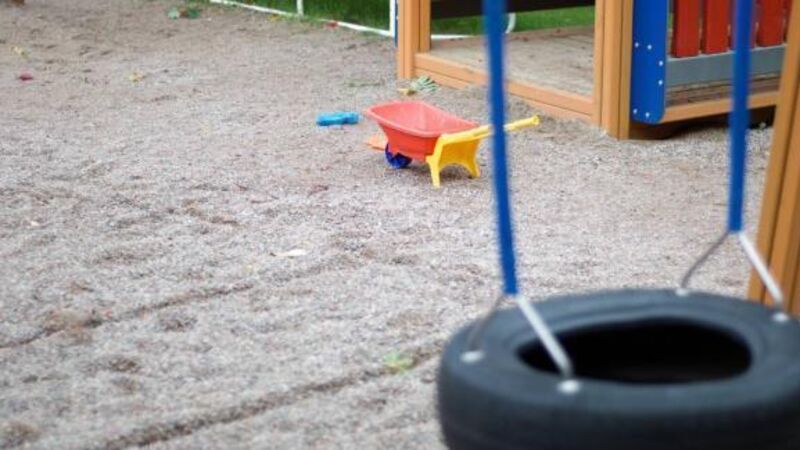Children finally escape harsh cuts

The rolling back of social programmes, the punishment of anyone who doesn’t have a voice, the cutting of supports from under people who need them most — all of these things have been among the leading features of austerity.
In the old days, commentators always referred to the “old reliables” — drink, tobacco, and petrol — as the things that could easily be predicted for another tax hike in the budget. In recent years, child benefit has become like one of the old reliables. Cut after cut, always off the top, have had hugely disproportionate impacts on lower-income children and families.
















